Household waste, wastewaters from factories, insecticides … everything ends up in Lake Tanganyika. An environmentalist denounces a kind of “Ingratitude”.
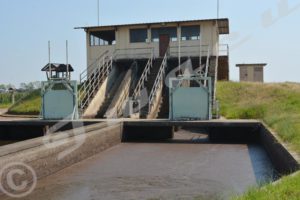
At Buterere wastewater treatment plant, all waste flows into the lake.
At Ku mase side,in Ngagara area of Ntahangwa commune in the north of the Burundian capital Bujumbura, a channel transports foul and dark wastewaters to Lake Tanganyika. Some locals seem to be used to that.
Women, children and men amble around; small restaurants are installed at less than two meters from the polluted channel. The same with the vendors of avocado, oranges, fried sweet potatoes …Flies attracted by human defecations swarm in the area as well.
“What do you want us to do? We are accustomed to that smell”, says a saleswoman washing her bloated-belly baby in the gutter. “Ministers and other higher authorities have come and pictures have been taken. We asked for help, but nothing has changed so far.”
A man we met at that place accuses African tannery company (Afritan) of throwing waste in that channel. This endangers their health and pollute the lake, he says. We tried to contact the manager of the so-called plant but to no avail.
Installed near the former National Police School (ENAPO), the three pumping machines of industrial wastewaters towards Buterere wastewater treatment plant are out of use. As a result, all these wastewaters go directly to the lake without any treatment.
The situation is the same in Buterere area: The machines have broken down. An agent of the company in charge of cleanliness in the capital-SETEMU met at the place says the machines are functional and adds that there is a problem of electric power. They head for to the lake through Kinyankonge river, says a passenger, met on the road leading to Bujumbura International Airport.
“Treasure transformed into a rubbish dump”
Albert Mbonerane, Former Environment Minister regrets to see this treasure (Lake Tanganyika) transformed into a dump.“How do you want it to continue giving us fishes and pure water whereas we only give it waste?” This environmentalist reminds that the lake provide more than 90% of water used in Bujumbura city.
Officials also say they are concerned. Désiré Nsengiyumva, Director of water department at the company in charge of supplying water and electricity-REGIDESO, says that water abstraction is done at 3.5 kilometers instead of 2 with a substantial additional cost due to pollution. He says they will be obliged to take water from Congo if the situation does not improve. It will require international expertise to install our tubes. He says Regideso currently abstracts 90 thousand cubic meters (m3) per day.
“All household wastewaters must not go directly to Buterere”, says Emmanuel Ndoricimpa, General Director of water and sanitation at the Environment Ministry. There must be a sanitation process at the house level by cesspits and septic tanks.
This higher government official says all those problems are known to the government and promises that a solution will soon be found.
The Minister of Environment has said the price of those machines is estimated at BIF 400 million.

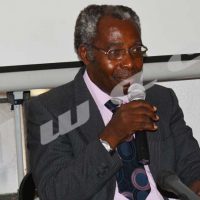
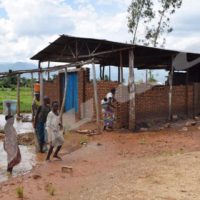
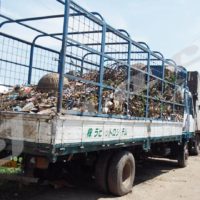
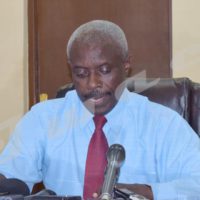
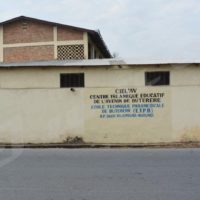













 IWACU Open Data
IWACU Open Data

